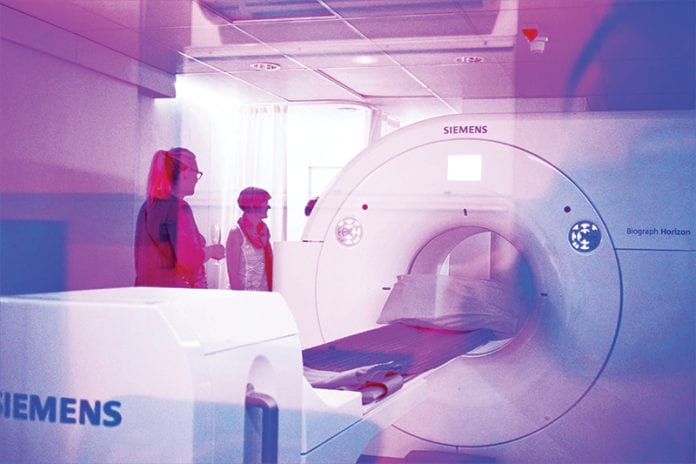Fewer new nurse grads are going to work in hospitals today compared to six years ago.
This finding comes from a study conducted by the RN Work Project, which is a program of the Robert Wood Johnson Foundation. The study looks at two groups of new nurses, the first newly licensed in 2004-2005 and the second licensed in 2010-2011.
Among new nurses in the 2010-2011 cohort, 77.4 percent began their nursing careers in hospitals. This is compared to 88.8 percent of the 2004-2005 cohort, according to a release about the study. Other major differences include the percentage that worked in the ICU (18 percent in 2004-2005, 11.6 percent in 2010-2011) and the percentage working in Magnet hospitals (10.3 percent in 2004-2005, 13.5 percent in 2010-2011).
Additional findings reflect that the economy was in better shape when the 2004-2005 group graduated than it was six years later. More nurses from the later group reported that they weren’t able to find jobs–31.1 percent from that group, compared to 11.8 percent in the earlier group.
The 2010-2011 group was also more likely to be enrolled in a formal education program–16.6 percent compared to 11.4 percent in the earlier cohort.
“There have been several changes in the years between when these nurses passed their licensing exams, and those changes appear to have had an important impact on nurses’ behaviors and goals,” said Christine T. Kovner, PhD, RN, FAAN in the release.
“It’s possible that the increase in newly licensed RNs holding BSNs and who are enrolled in formal education programs is a function of the recommendation that 80 percent of nurses have BSNs by the year 2020 in the Institute of Medicine report The Future of Nursing: Leading Change, Advancing Health. There is also anecdotal evidence that hospitals are preferentially hiring RNs with BSNs,” Kovner said.
New nurses, do these findings match up with what you’ve experienced while looking for work? Share your thoughts and stories in the comments below.



I graduated with my RN license in 2010 and was absolutely unable to get a job in a hospital without my BSN. I applied to over 80 positions and finally landed in a sub acute rehab/ LTC facility. It worked to my benefit as I quickly worked my way up into management and found myself as the ADON the interim DON within 4-5 years. I then decided to specialize in wound care while completing my BSN. Now I am working in the hospitals outpatient wound care clinic and have completed my BSN and CWCA. I was recently after almost 7 years as a nurse offered a position as the inpatient wound care consultant but this has taken many years and finishing my BSN to get there.
I give credit to LPNS everywhere. I am impressed with the level of knowledge that this group of nurses have. You guys rock the rehab centers, nursing homes, home health agencies and doctors offices. I learned so much from the LPNS at the hospital where I was trained to be a Labor and Delivery nurse. There is not a whole lot you guys cannot do, barring the scope of practice exemptions. So I lift my hat to you all and THANK YOU all for the great work that you all are doing.
I see all these articles that relate only to RN’s. People seem to forget there are LPN’s. LPN’s have a little different scope of practice. But we are just as much as a nurse as RN’s are, we work in ER’s, Physicians offices, Rehab centers etc. So, please give us the credit we deserve.
Yes, these findings are in line with the what I have experienced while searching for work. I passed the Boards in August 2017 and have applied for more than 20 jobs online. I have attended 4 or 5 Job Fairs with no favorable results. These hospitals recruiters/hiring managers are not even courteous enough to send an email advising that they have hired someone else for the position. Maybe they are practicing ageism on me because I just turned 55 last month. Really thought there was a shortage, but obviously not. From what I gather, you have to have someone on the inside to push things through for you.